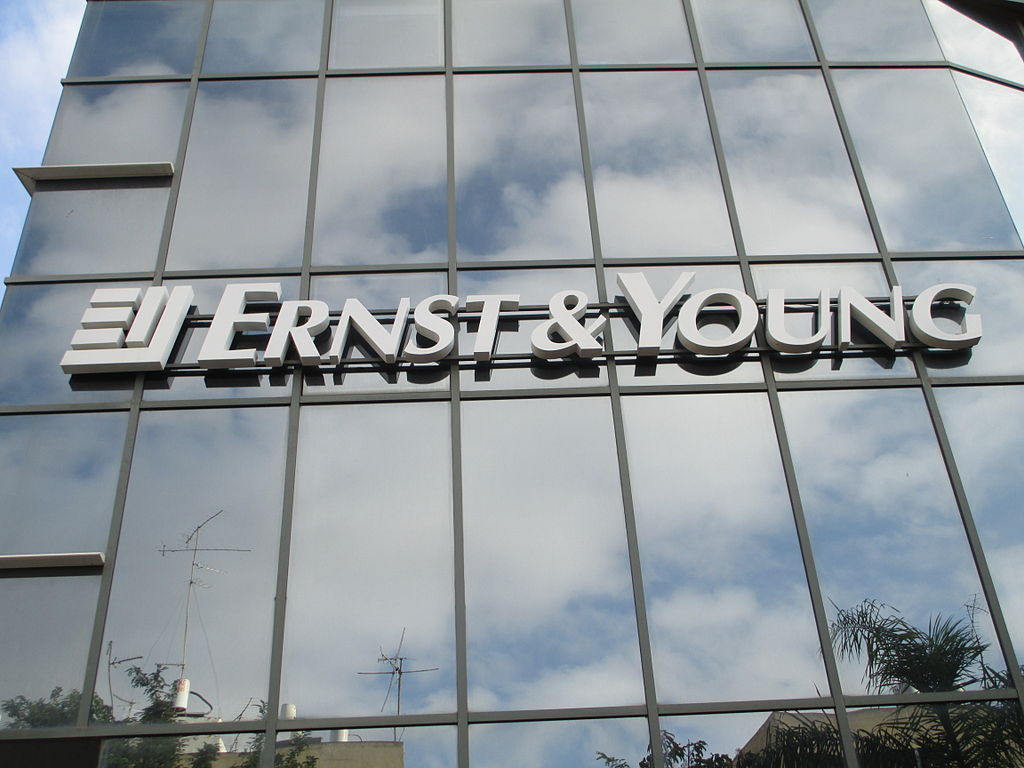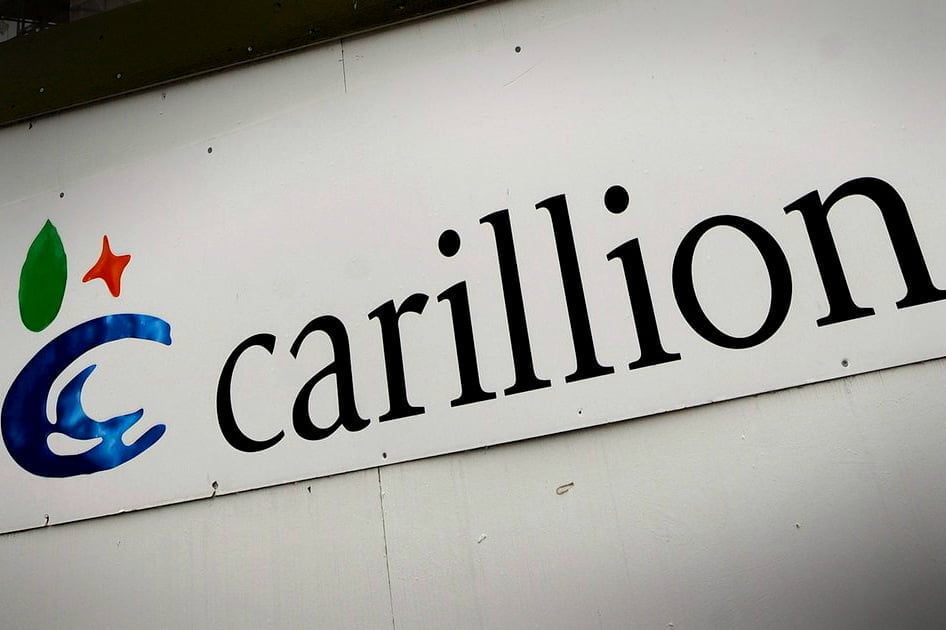Carillion collapsed last January after years of mismanagement. There have been no repercussions for the senior managers, who benefited from huge pay rises in the company’s final years, the burden has fallen entirely on the workers. End outsourcing!
Over 600 days have now passed since the shock announcement on 15 January 2018 that Carillion, Britain’s second largest construction firm and a major player in the outsourcing industry, had gone bust.
So severe was the collapse that it went into compulsory liquidation rather than administration. The company employed 19,000 workers directly with a further 35,000 workers engaged through subcontractors and suppliers. Yet it now appears that this company had only £29 million in the bank as against £7 billion in liabilities. Within hours of the announcement, thousands were immediately out of work, major public sector projects were being stopped and an uncertain future now faced everything and everyone who had been connected to Carillion.
So where are we now? According to Unite assistant general secretary Gail Cartmail:
“The guilty directors and senior managers remain unpunished and are free to pursue new lucrative roles while the innocent workers have a long battle ahead of them in their battle to secure compensation in the courts.
“Government ministers have clearly washed their hands of the whole mess and now pretend it is no longer their problem.”
Indeed the full scandalous story about Carillion was outlined in a document called ‘Ending Bandit Capitalism’, published online by Unite at the start of this year.
As Unite general secretary Len McCluskey outlined in the introduction: ‘The firm’s spiral into liquidation is a story of continual gross mismanagement and a reckless senior leadership who put short-term bonuses, dividends and profits over the longer term health of the company and its workers. It is bandit capitalism writ large, where the bandits ‘cooked’ the books at the expense of everyone else.’
Banditry
Carillion collapsed on the back of a serious financial shortfall. Yet in March of 2017, the company presented a rosy picture to the world and promptly paid out £73 million in dividends on the back of what seemed to be a very good set of accounts. However come July, the company was warning that the return on contracts was significantly less than had been announced just a few months earlier. Profit warnings were issued in both September and December of that year yet the Tory government continued to award them contracts as if nothing was wrong. By the middle of January, Carillion was history as a functioning company.
How could this have happened? Finance expert Prof. Prem Sikha, who served on the joint select committee looking into the Carillion collapse, is quoted in ‘Ending Bandit Capitalism’ as follows, noting that the firm “had been trading whilst insolvent for several years” he explained that “Carillion’s books weren’t cooked, they were roasted.” This is a reference to what became known as Carillion’s “aggressive accountancy” methods by which problems were hidden or reduced and successes magnified to give a picture which bore little relationship to reality.
Workers pay

So what about the directors and senior management? They benefited from huge pay rises during the last years of the company (whilst ordinary Cariliion workers got just 2%) and were conveniently able to sell their shares whilst they were still worth something. To date none of them have faced any sort of charges or action.
What about the auditors? Carillion had links to all of the big four audit firms which dominate world finance. Their main auditor, Ernst and Young, somehow noticed nothing wrong with the accounts and indeed pocketed a cool £10 million in fees for trying to cut costs after the first profit warning. The Tory government noticed nothing wrong either and awarded Carlllion £2 billion in contracts, again after the first profit warning.
So what has happened since the collapse? After an initial flurry of promised action, things have gone very quiet. It has been left to the unions to try and pick up the pieces for the many thousands of workers who found themselves out of a job and with their pensions in limbo. Meanwhile the Official Regulator is looking into the circumstances of the collapse and whether any wrongdoing took place but does not expect to report until 2021.The Financial Reporting Council is also carrying out a number of investigations but does not know when it will conclude its business. The government remains silent, of course. In fact the establishment seem very keen that we all now forget that Carillion ever even existed.
Capitalism to blame
Unite has attacked this and made a number of recommendations regarding financial reform for the future. However we should be clear: under capitalism laws and regulations are made to be broken.
The outsourcing scam that has cost us billions must be ended and work taken back in-house. This requires bold socialist measures, starting with the nationalisation of the monopolies, major companies, banks and finance houses under workers control and management as part of a socialist plan of production. The nationalisation of the audit firms must also be carried out – they act in the interests of the rich and have failed to even do what they are supposed to.
Carillion represented just one example of the unacceptable face of capitalism. There are many others. Since this collapse we have seen firms like Interserve get into trouble. The construction industry in particular is now seen as a financial “high risk” area with banks unwilling to risk giving them any money. Left to their own devices, there will be other Carillion’s over the coming period, pocketing our money and leaving us with the bill for their greed. The time to end this banditry is now.






